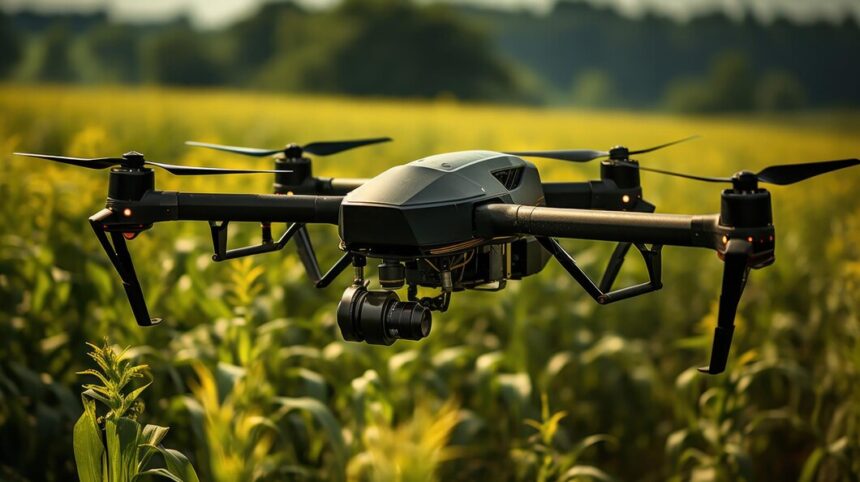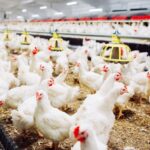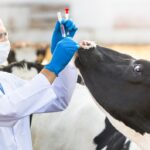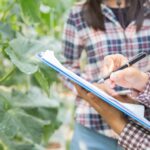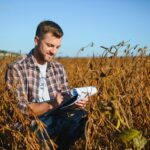Drone technology is revolutionizing agriculture worldwide, and South Africa is no exception. These unmanned aerial vehicles (UAVs) offer farmers innovative ways to monitor crops, manage livestock, and optimize farm operations. Here are ten ways drone technology is transforming agriculture in South Africa:
- Crop Monitoring: Drones equipped with high-resolution cameras and multispectral sensors can provide real-time aerial imagery of crop fields. This data helps farmers monitor crop health, detect pests and diseases early, and assess overall plant vigor.
- Precision Agriculture: Drones enable precision farming practices by mapping field boundaries, generating accurate topographic maps, and identifying variability in soil composition. This information allows farmers to apply inputs such as fertilizers and irrigation precisely where needed, optimizing resource use and improving crop yields.
- Livestock Management: Drones aid in livestock management by tracking animal movements, monitoring herd health, and identifying missing or distressed animals. Thermal imaging cameras on drones can detect body temperature variations, indicating potential health issues in livestock.
- Crop Spraying: Agricultural drones equipped with spraying mechanisms can apply pesticides, herbicides, and fertilizers to crops with precision. This method reduces chemical exposure for workers, minimizes environmental impact, and ensures uniform application across fields.
- Water Management: Drones assist in water management by surveying irrigation systems, detecting leaks, and assessing soil moisture levels. This data helps farmers optimize irrigation schedules, conserve water resources, and prevent over- or under-watering of crops.
- Crop Scouting: Drones equipped with AI-powered algorithms can autonomously scout fields, identify crop stress, and generate detailed field maps. Farmers can use this information to make timely decisions about pest control measures and crop treatment strategies.
- Yield Estimation: Drones equipped with specialized sensors, such as LiDAR (Light Detection and Ranging), can accurately estimate crop yields by measuring plant height, density, and biomass. This data aids in forecasting production, planning harvest schedules, and optimizing storage facilities.
- Infrastructure Inspection: Drones facilitate the inspection of agricultural infrastructure, such as fences, irrigation pipelines, and greenhouses. Visual inspections from the air help identify maintenance needs, detect damage, and ensure infrastructure integrity.
- Mapping and Surveying: Drones are valuable tools for creating detailed maps and surveys of farm landscapes. This includes monitoring land use changes, assessing erosion patterns, and planning land development projects more efficiently.
- Disaster Response and Monitoring: During natural disasters such as floods or wildfires, drones provide critical situational awareness to farmers and emergency responders. They can assess damage to crops and infrastructure, aid in rescue operations, and facilitate rapid response efforts.
Drone technology holds immense potential to enhance productivity, sustainability, and resilience in South African agriculture. By leveraging drones for crop monitoring, precision farming, livestock management, and more, farmers can make informed decisions, reduce operational costs, and optimize resource utilization. As drone technology continues to evolve, its integration into agricultural practices will play a pivotal role in shaping the future of farming in South Africa, driving innovation and ensuring food security for years to come.
Join 'Farmers Mag' WhatsApp Channel
Get the latest Farming news and tips delivered straight to your WhatsApp
CLICK HERE TO JOIN
